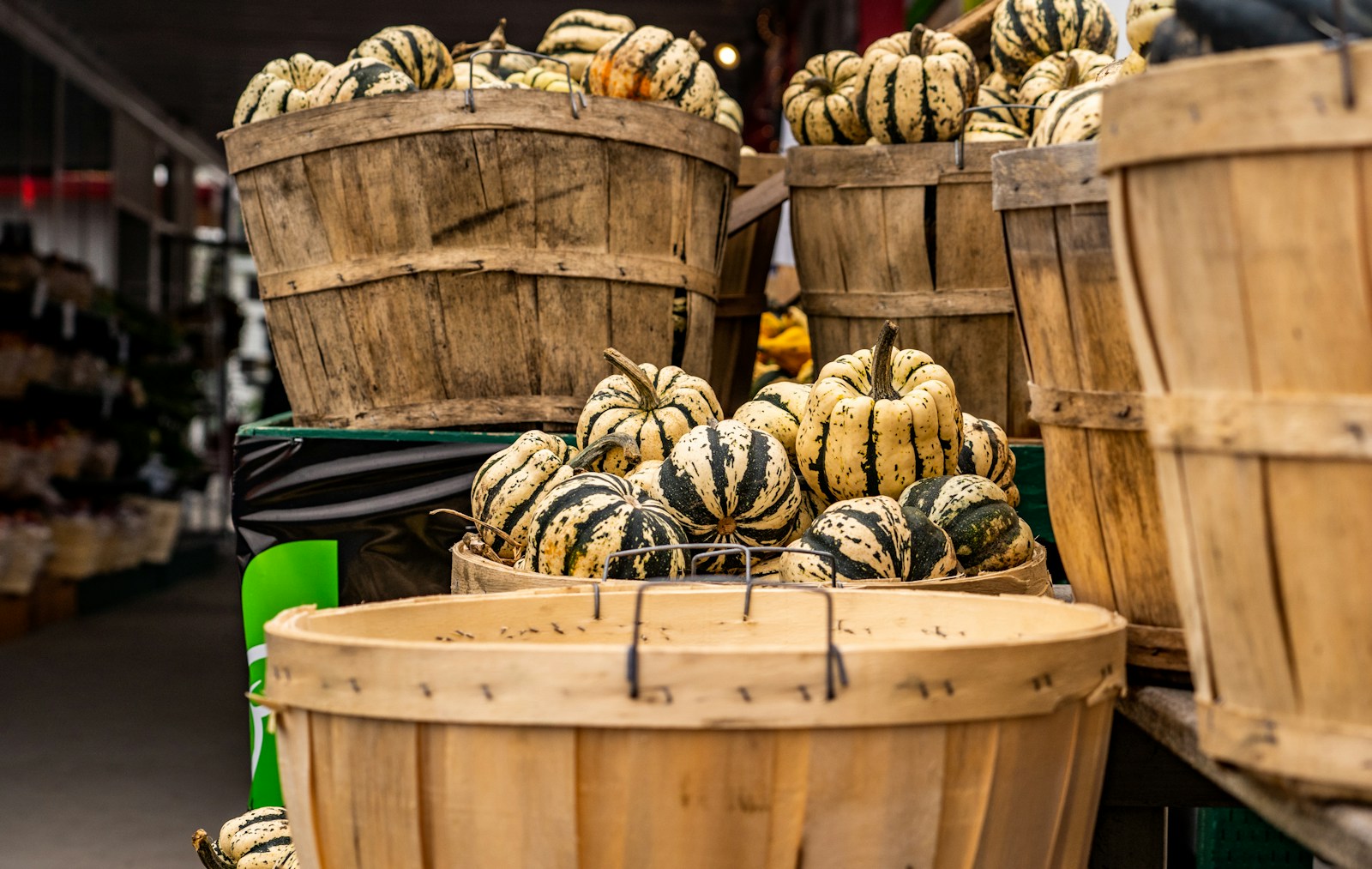
producir

produce
The Spanish word 'producir' translates to 'produce' in English. It is generally used in the context of producing goods, crops or results. Like in English, 'producir' can mean both to create something as an output from a process or to cause a particular result or effect.
Example sentences using: producir
Voy a producir mi propio vino

I'm going to produce my own wine
This example demonstrates using the verb 'producir' in first person future tense. It communicates a plan or intention to carry out an action (make wine) in the future.
El campo puede producir suficientes cultivos

The field can produce enough crops
This example uses 'producir' to refer to what a field is naturally capable of doing - producing crops. It highlights the flexibility of 'producir' in different contexts.
Estoy produciendo una presentación para el seminario

I am producing a presentation for the seminar
In this case, 'producir' is used in its present continuous form 'produciendo', indicating an ongoing action taking place in the present moment.
La fábrica produce mil coches al día

The factory produces a thousand cars a day
Here, 'producir' is used to talk about a habitual action or ongoing state in the present that happens with frequency.
Mi granja produce las mejores frutas de la región

My farm produces the best fruits in the region
This sentence uses 'producir' to describe the ongoing action of a farm, usually over a longer period of time.
Este tipo de lámpara produce demasiado calor

This type of lamp produces too much heat
In this case, 'producir' is used to describe an ongoing effect of an object, which is the lamp producing heat.
Si trabajas duro, podrás producir buenos resultados

If you work hard, you will be able to produce good results
In this sentence, 'producir' is used in a future form, indicating the potential outcome of work, which is good results.
La planta ha dejado de producir flores

The plant has stopped producing flowers
This sentence uses 'producir' to describe a negative change in an ongoing action or state.
Estas acciones van a producir un cambio

These actions are going to produce a change
This example showcases 'producir' in future tense, indicating the potential result of actions, which is a change.
Han producido muchos errores en el sistema

They have produced many errors in the system
This example shows the verb in present perfect tense which is used to talk about actions completed in the recent past that still have an effect in the present.